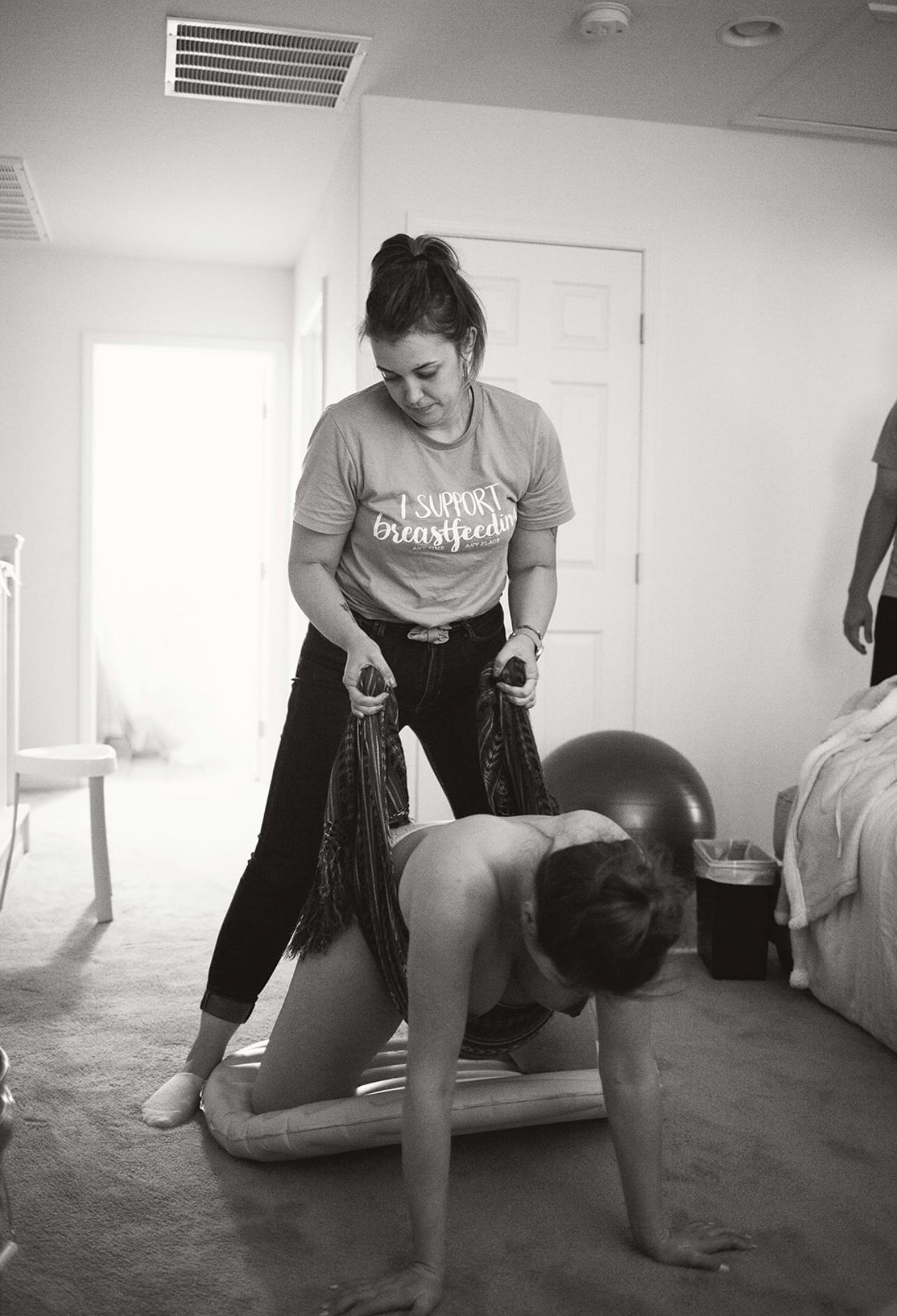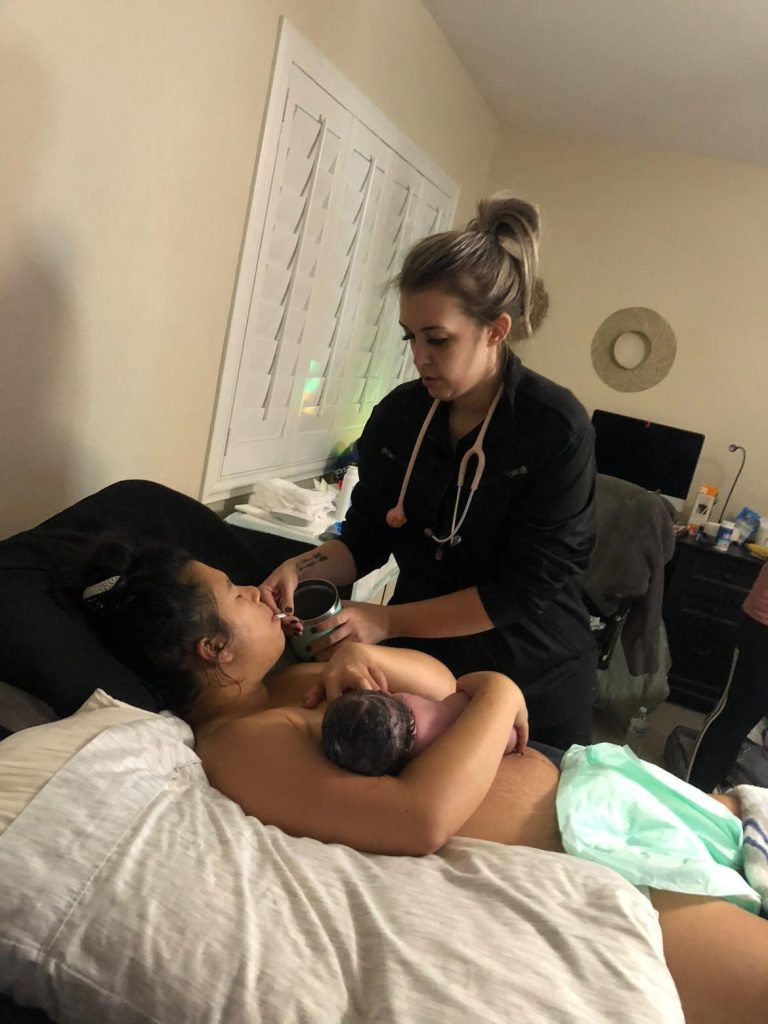Advanced Labor Doula Services


I believe that being pregnant and giving birth is the most beautiful journey a woman can take. Not only do you get a precious baby but you become a mother. The birth of your child is something you take with you and keep in your heart forever. I would love to be the person to support you and your family as you take this journey into motherhood!
Tori Hinkle
Advanced Labor Doula Services
A Labor Doula is an experienced professional who is trained and educated in the labor and delivery process. She in not your primary care provider, but she is experienced in childbirth and educated with up to date information on evidence-based practices.
A Labor Doula meets with you during your pregnancy to discuss your health, your hopes and fears. She will advocate for your choices and desires and will be there for you to inspire confidence about your labor and birth. She knows common policies and procedures with local hospitals and home birth providers so she can help you prepare for the kind of birth you want.
She also provides physical and emotional comfort during labor, with techniques such as nurturing touch and relaxation methods to decrease labor pain, relieve anxiety, and increase emotional bonding. She does not replace the role of the father, birth partner or other family, but rather empowers them to be a source of support for the mother. A Labor Doula caters her services to the individual needs of that family. Once your Labor Doula is called to support you during your birth, she does not leave until after you’ve had your baby.*
She is trained to help you with breastfeeding. After your birth, she will typically stay an hour or two to help start breastfeeding and help the new family settle in. Once you are home from the hospital, or a few days following your birth, she’ll see you at home to make sure you are doing well. She can offer troubleshooting advice and make referrals if you need extra assistance.

Why Should I Hire A Doula?
Several studies have demonstrated that the continuous support of a labor
doula have these beneficial effects
25% shorter labor
50% fewer c-sections
40% reduction in forceps use
30% reduction in analgesia use
60% reduction in epidural requests, In addition, long-term benefits include
Improved Breastfeeding Rates
Decreased Postpartum
Depression
Greater Maternal
Satisfaction
Better Mother-Infant
Interaction
Even the Amercian College of Obstetricians and Gynecologists (ACOG) is now recommending Doula care!
Included Services
- 1 Primary Labor Doula + 1 Backup Doula
- 2 Prenatal Visits
- All Fitness Classes
- 24 hr on-call availability during your due date range
- Guaranteed Backup Doula Service
- Prenatal and Early Labor Phone Support
- Physical and Emotional Support during active labor and childbirth, continuing into the immediate postpartum period (usually 2 hours after birth) to assist with breastfeeding.
- 1 Postpartum Phone Check-in at 24-48 hours
- 1 Home Postpartum Visit
- Available for phone consultations up to 6 weeks postpartum
- Extensive Referral Services
- The ability to extend your Labor Doula relationship into Postpartum Doula Care.

